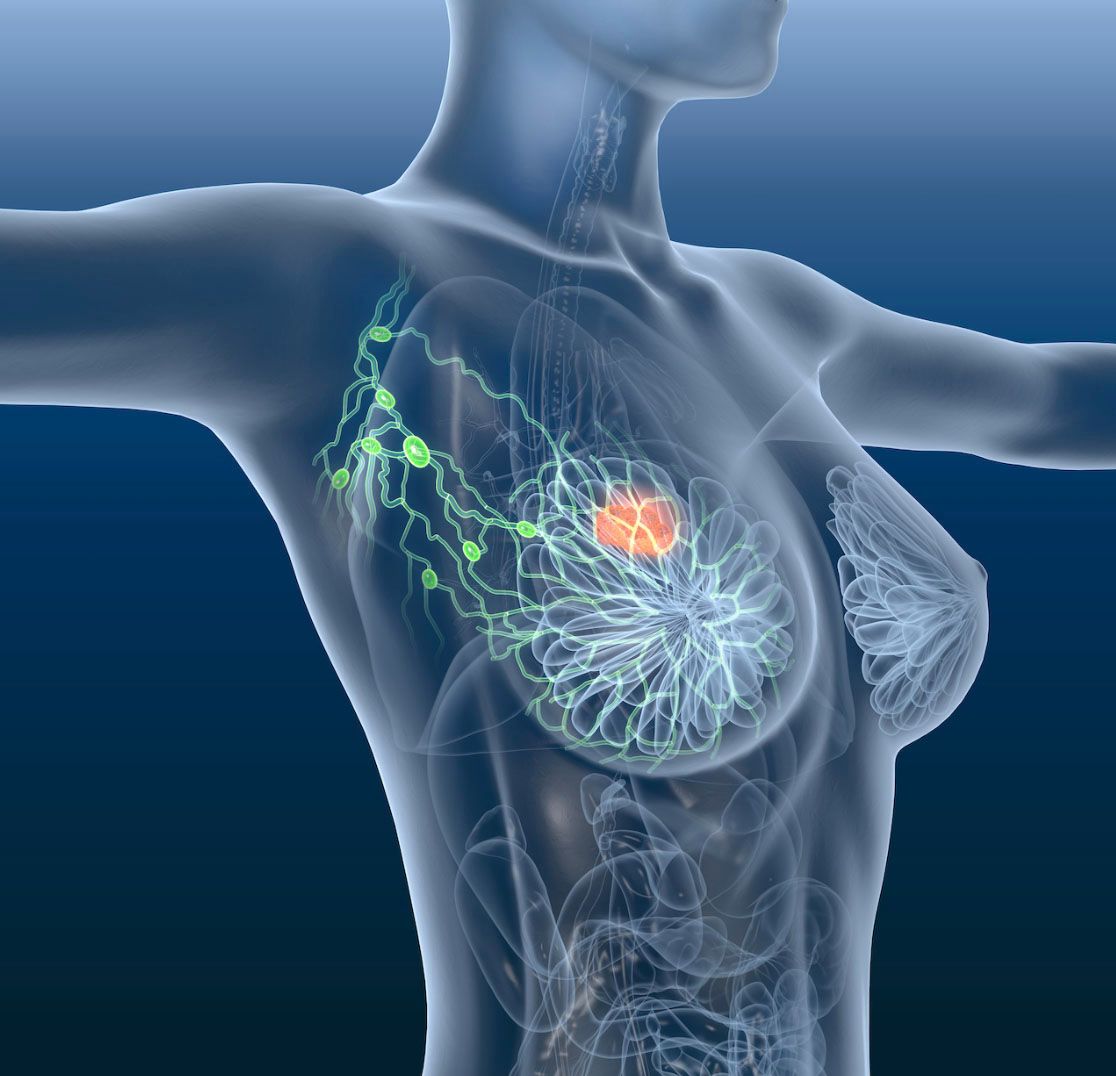Survival Improved With Greater Adherence to a Diabetes Risk Reduction Diet Among Women With Breast Cancer
Improved survival was observed among women with stage I-III breast cancer who adhered to a diabetes risk reduction diet compared with those who did not.

Improved survival was observed among women with stage I-III breast cancer who adhered to a diabetes risk reduction diet compared with those who did not, according to findings presented during the 2020 San Antonio Breast Cancer Symposium.
Diabetes may be common in women with breast cancer, especially since 75%, or more than 2.6 million women, are at least 60 years or older, “which means breast cancer survivorship must be managed in consideration with aging-related comorbidity such as diabetes,” said Tengteng Wang, PhD, a research fellow at Harvard T.H. Chan School of Public Health during the virtual presentation of the study.
Type 2 diabetes, in particular, is a risk factor for breast cancer incidence and may be a predictive factor for breast cancer mortality. In addition, breast cancer increases the likelihood of developing type 2 diabetes.
“Identifying modifiable strategies to prevent type 2 diabetes among breast cancer survivors may be very important to improve their survival outcomes,” said Wang.
Researchers analyzed data from 8,320 women with stage 1 to 3 breast cancer from 2 large cohort studies: the Nurses’ Health Study (1980-2014) and the Nurses’ Health Study II (1991-2015). Validated questionnaires were completed every 2 to 4 years to collect information on diet among other factors.
This study focused on a diabetes risk reduction diet with 9 dietary components including higher intakes of nuts, cereal fiber, coffee, polyunsaturated-saturated fat ratio and whole fruits, in addition to a lower glycemic index of diet and lower intakes of sugar-sweetened beverages/fruit juices, trans fat and red meat.
“The [diabetes risk reduction diet] has been associated with 14% lower type 2 diabetes risk in [a] previous publication of the Nurses’ Health Study,” said Wang.
Researchers calculated an average score of adherence to this diabetes risk reduction diet through repeated measures of diet after a diagnosis of breast cancer. Follow-up was conducted for a median of 16 years after cancer diagnosis.
During follow-up, 2,146 deaths occurred, of which 948 were related to breast cancer. Women with higher diet adherence scores after diagnosis had a 33% lower risk for all-cause mortality (HR = 0.67; 95% CI, 0.58-0.78; P for trend < .0001) and a 17% lower risk for mortality related to breast cancer (HR = 0.83; 95% CI, 0.67-1.02; P for trend = .03) compared with women with lower diet adherence scores.
“Our results did not differ by breast tumor ER status or stage,” said Wang.
During the discussion portion of the presentation, Wang said that she and her colleagues analyzed what may be the potential mechanism for this association. She said, “We looked at how [diabetes risk reduction diet][ influenced gene expression in [the] breast tumor for [a] subgroup of our breast cancer patients, and … according to our pathway analysis, the [diabetes risk reduction diet] is more associated with the pathway related to immune regulation and also cell proliferation, so this is, I think, an interesting finding.”
When further adjusting for neighborhood socioeconomic status, the association between diet adherence and mortality risk was slightly attenuated, with patients with greater adherence having a 31% lower risk for all-cause mortality (HR = 0.69; 95% CI, 0.6-0.8; P for trend < .0001) and a 14% lower risk for mortality from breast cancer (HR = 0.86; 95% CI, 0.7-1.07; P for trend = .06).
Women who improved their adherence to a diabetes risk reduction diet after breast cancer diagnosis had a lower risk for breast cancer mortality compared with those with consistently low adherence to this diet (HR = 0.81; 95% CI, 0.65-1).
“In conclusion, we felt that a greater adherence to the [diabetes risk reduction diet] after breast cancer diagnosis was associated with better survival outcomes, which means promoting dietary changes consistent with prevention of type 2 diabetes may be very important for breast cancer survivors,” said Wang.